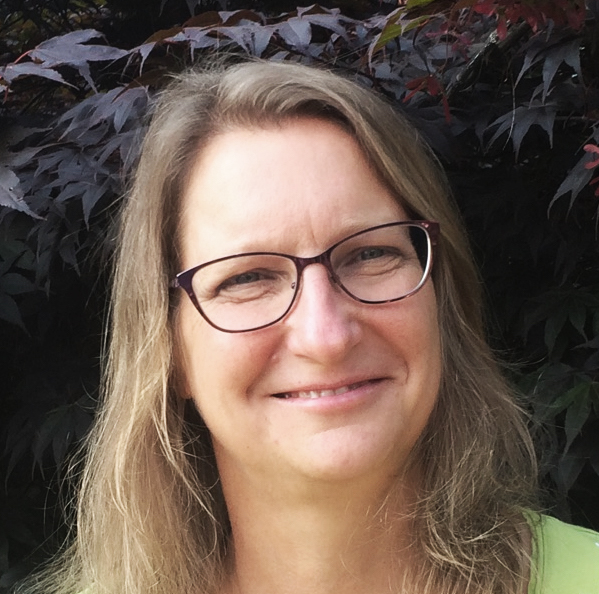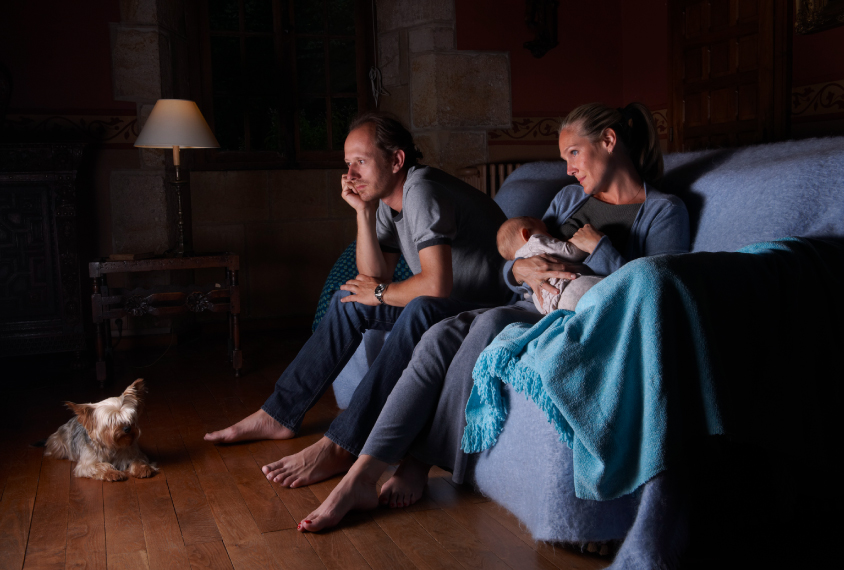Charlotte Schubert is a freelance science journalist based in Seattle with previous staff experience at Nature Medicine and at the Milwaukee Journal Sentinel. She has written for Nature, Proceedings of the National Academy of Sciences, Cell Press and other publications. She has Ph.D. from the University of Washington and just completed a year-long stint in an epigenetics lab at Fred Hutchinson Cancer Research Center.

Charlotte Schubert
From this contributor
Genetic risk factors for autism may affect family size
People who carry risk factors for autism but do not have the condition tend to have slightly fewer children than average, and have them later in life.

Genetic risk factors for autism may affect family size
Explore more from The Transmitter
Neuro’s ark: Spying on the secret sensory world of ticks
Carola Städele, a self-proclaimed “tick magnet,” studies the arachnids’ sensory neurobiology—in other words, how these tiny parasites zero in on their next meal.

Neuro’s ark: Spying on the secret sensory world of ticks
Carola Städele, a self-proclaimed “tick magnet,” studies the arachnids’ sensory neurobiology—in other words, how these tiny parasites zero in on their next meal.
Autism in old age, and more
Here is a roundup of autism-related news and research spotted around the web for the week of 2 March.

Autism in old age, and more
Here is a roundup of autism-related news and research spotted around the web for the week of 2 March.
Lack of reviewers threatens robustness of neuroscience literature
Simple math suggests that small groups of scientists can significantly bias peer review.

Lack of reviewers threatens robustness of neuroscience literature
Simple math suggests that small groups of scientists can significantly bias peer review.